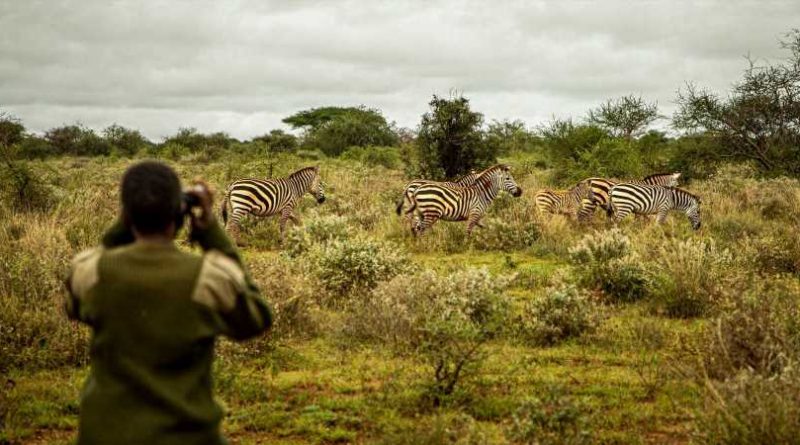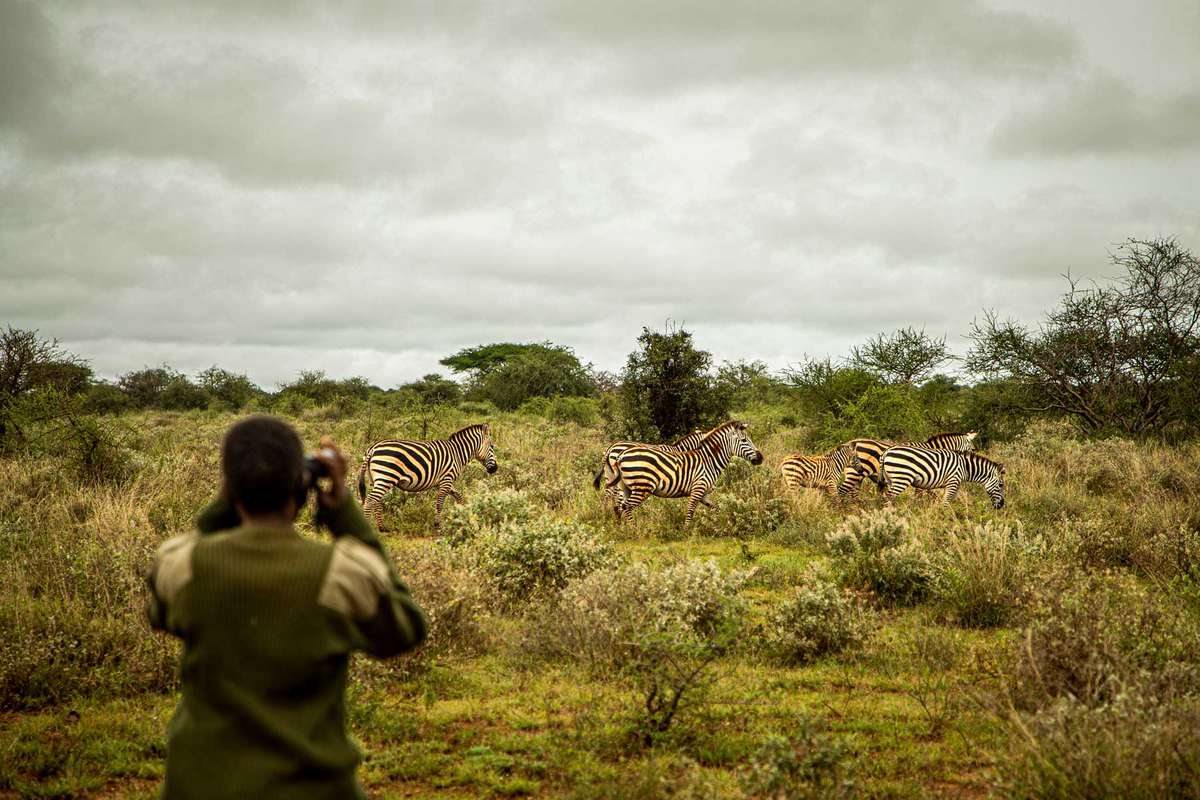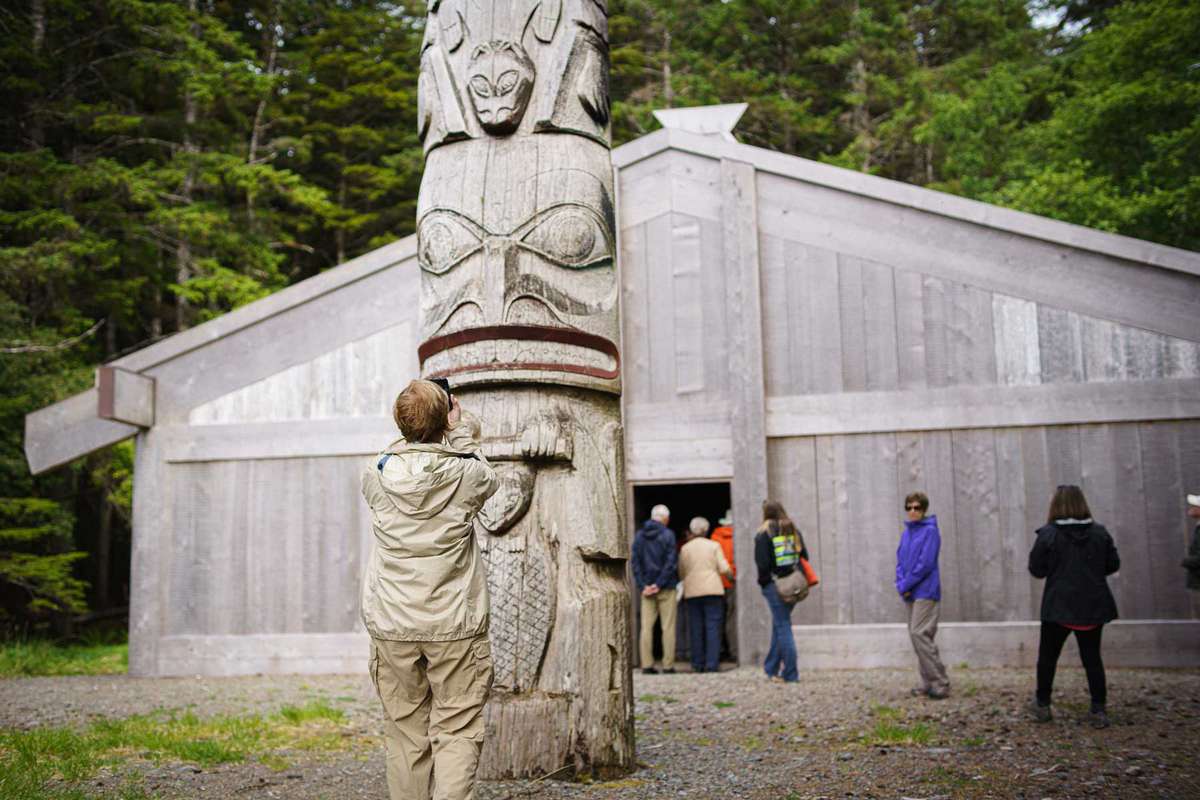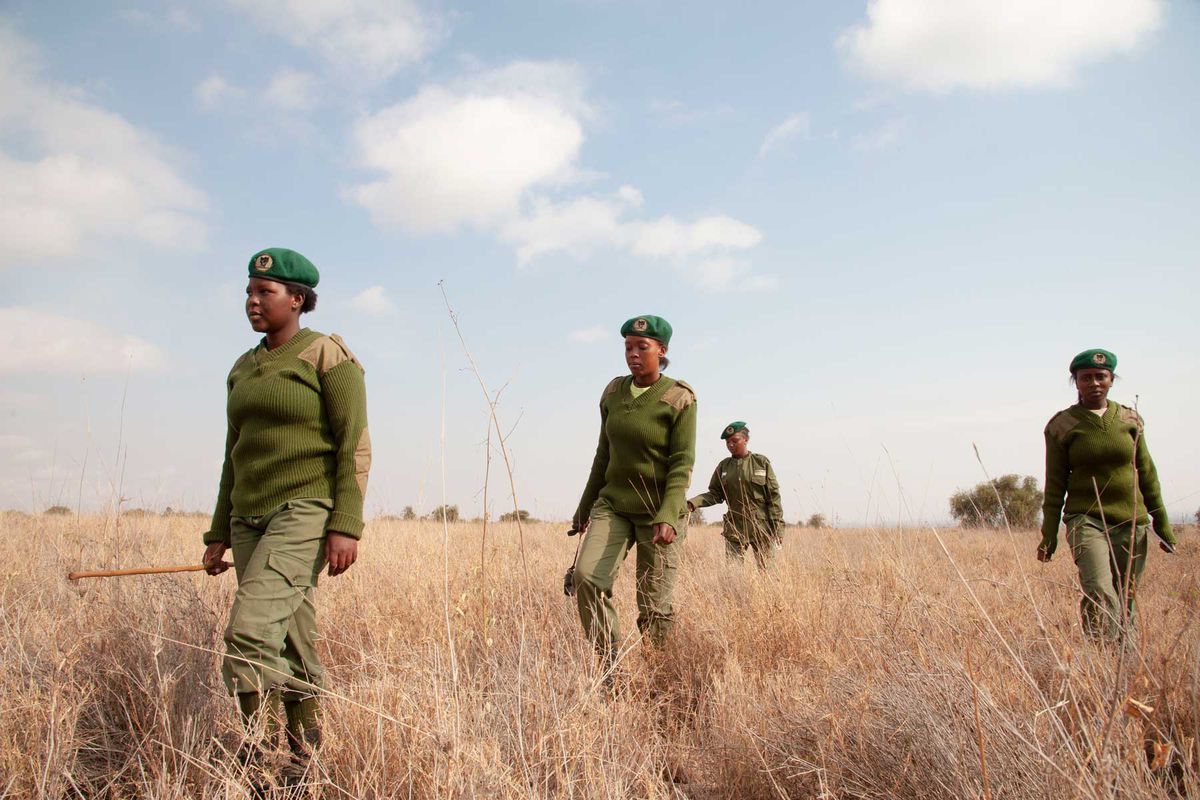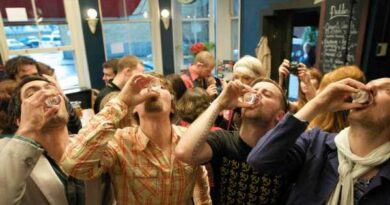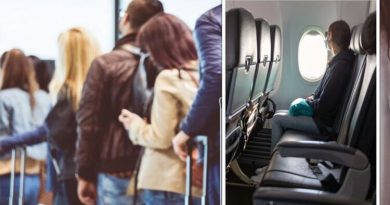These Organizations Are Working With Communities to Make Tourism More Sustainable
The Travel + Leisure Global Vision Awards aim to identify and honor companies, individuals, destinations, and organizations taking strides to develop more sustainable and responsible travel products, practices, and experiences. Not only are they demonstrating thought leadership and creative problem-solving, they are taking actionable, quantifiable steps to protect communities and environments around the world. What's more, they are inspiring their industry colleagues and travelers to do their part.
When travel is used as a force for good, it can help provide economic empowerment to communities around the world by creating jobs that pay living wages while preserving traditions at risk of being lost. The organizations honored in this category of the Global Vision Awards have all developed infrastructure, strategy, and resources to harness the power of tourism in positive ways. They've tapped into what makes each place and its people unique to develop strategies for raising up communities — without forcing them to choose between the survival of the planet and the survival of their families. Crucially, each project involves locals directly in both planning and execution, so that their particular knowledge is honored and their sovereignty is respected. — T+L Editors
Allen Marine Tours, Sealaska, and the Sustainable Southeast Partnership
Two years ago, Allen Marine Tours and the Sealaska Corporation, both Native-owned companies, teamed with Alaska's not-for-profit Sustainable Southeast Partnership to create a new position: Regenerative Tourism Catalyst. This fancy job title encompasses a simple purpose — "to encourage tourism in a way that is beneficial to rural communities," says Mary Goddard, the Tlingit artist and activist hired for the role. What would boost not just the economy but also the environment in Southeast Alaska? What might benefit not just residents' pocketbooks but also their heritage and culture? Goddard was born and raised in Yakutat (population: 660). "Growing up, we would see cruise ships going by," she says. "We would jokingly wave and say, 'Okay! We hope you enjoyed your stay!' Because they never made a stop in Yakutat." Her goal in her new role is to avoid that very dynamic, where locals feel as if tourism and its benefits have passed them by. Much of her work involves talking and listening. She recently launched a program to give grants and support to people starting food-related businesses in the region, as well as another offering training for kelp and oyster cultivation. She's working to help Native Alaskans develop businesses around responsible pescatourism, rooted in traditional respect for the fish and the ecosystem, "which fits nicely under regenerative tourism," she says. Above all, Goddard wants to reorient tourism so that it's simpatico with "the way Indigenous people have been living for thousands and thousands of years. We see everything as being interconnected," she says. "We're just trying to shine a light on that."
Dastkar Ranthambhore
When the Indian government created Ranthambore National Park in the state of Rajasthan forty years ago, it preserved the habitat of the endangered Bengal tiger — but also displaced hundreds of villagers who lived within its new boundaries. Enter the nonprofit Dastkar Ranthambhore, which aimed to create economic stability by training the relocated villagers in traditional crafts practiced less and less by younger generations, including pottery, embroidery, quilting, and block printing. Their creations, many of them tiger-themed, are sold to tourists visiting Ranthambore — making the park a win-win for both tigers and humans — as well as in shops across India, and now online. Since 2004, Dastkar has helped hundreds of people, most of them women, many illiterate, achieve financial independence, fund their children's education, and better their families' living conditions while reviving part of India's rich artisanal culture.
IFAW Team Lioness
Since its formation in 2019, IFAW Team Lioness — a pioneering Kenyan female ranger unit — has transformed its members' lives. Under the auspices of the International Fund for Animal Welfare, the project has given each of its eight members the chance to gain economic and social independence. "My work before was to fetch firewood, take care of a baby, milk the cow, and take care of house chores," says Purity Lakara, who, with her colleagues, today patrols Masai land surrounding Amboseli National Park. (Kenya Wildlife Service rangers oversee the park itself.) "My community now sees me differently," says Lakara, whose income has paid for improvements to her family's home. Lakara now mentors girls in her village. Team Lioness also takes a more collaborative approach than the men who typically do this job. "We talk with our fellow women, and they forget we are security guards. They give us useful information — who is going, the time the hunters usually come — and we set an ambush," Lakara says, offering the team's capture of giraffe poachers last year as an example of their success. "We have a soft side that allows us to communicate with all types of community members. They will not tell the men these things."
Source: Read Full Article
